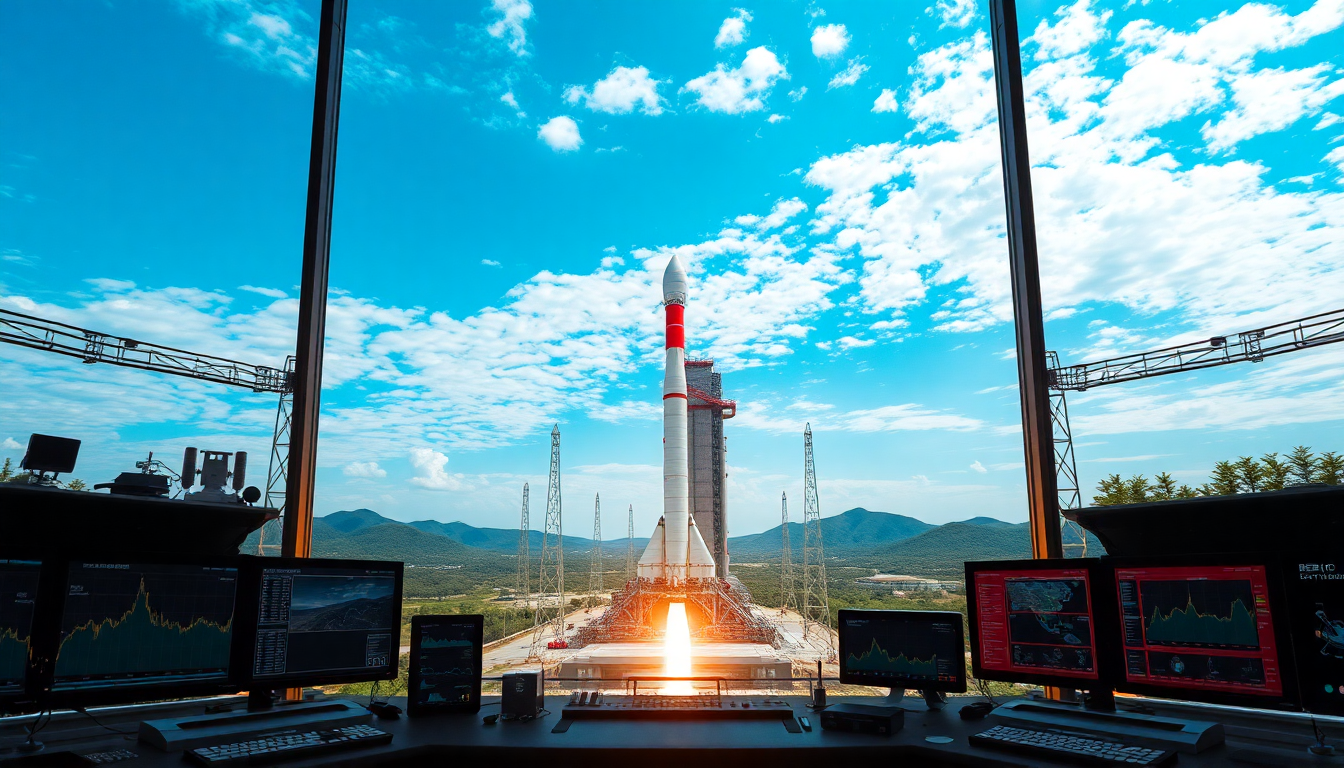Table of Contents
We’re living in a fascinating time when the space race is heating up like never before. With China making rapid strides in technology, the competition to dominate space is not just about exploration; it impacts everything from military strategies to the GPS we rely on daily. As China closes the technological gap with the United States, their developments in satellite navigation and military tech tell a compelling story of rivalry and innovation.
Introducing the BeiDou Navigation Satellite System
One of the standout achievements in China’s tech arsenal is the BeiDou Navigation Satellite System (BDS), which has been operational globally since 2020. This impressive network includes 60 satellites and is designed to provide precise positioning, navigation, and timing services. The launch of this system marks a major milestone in China’s goal to create a self-sufficient navigation solution, reducing dependence on foreign systems like GPS. But why does this matter? Well, it’s not just about convenience; it’s about national security and technological independence.
Interestingly, the BeiDou system isn’t just a tool for civilians; it plays a crucial role in military operations as well. Did you know that BeiDou’s precision in the Asia-Pacific region actually outshines that of the U.S. GPS? This edge not only enhances China’s military effectiveness but also signals a broader shift in how countries are adapting their military strategies to keep pace with technological advancements in satellite navigation. So, what does this mean for the future of military tech worldwide?
Technological Implications and Global Reactions
As the new space race heats up, the implications of China’s technological rise are complex and far-reaching. The U.S. is certainly paying attention, raising concerns about how quickly China is catching up. This competition isn’t limited to navigation systems; it spans various technologies, including anti-satellite weapons and reusable spacecraft. Such advancements suggest a transformation in military strategies, where managing space assets has become crucial.
In response, countries around the world are reassessing their technological investments and military readiness. They’re seeking to boost their defenses, as the race for technological supremacy in space goes beyond mere national pride. It’s about global security, economic stability, and the intricate web of international relations that binds us all. How will these developments shape our world in the coming years?
The Future of Space Tech and Investment Opportunities
Looking ahead, we can expect the landscape of space technology to evolve with significant investments pouring into satellite systems and related infrastructures. This surge is likely to fuel demand for skilled professionals and innovative startups in the tech industry. As nations ramp up their space capabilities, there will be exciting opportunities emerging in commercial satellite services and defense contracts. Are you ready to explore these possibilities?
Moreover, as systems like BeiDou continue to expand, they will impact various sectors, including telecommunications, transportation, and logistics. Businesses will need to adapt to the new realities brought about by advanced navigation systems, potentially opening doors to new markets and revenue streams. Staying in the loop about these technological shifts will be essential for anyone looking to invest or engage in the space industry. So, what’s your take on this evolving frontier? Are you curious about how these advancements could impact your future?


